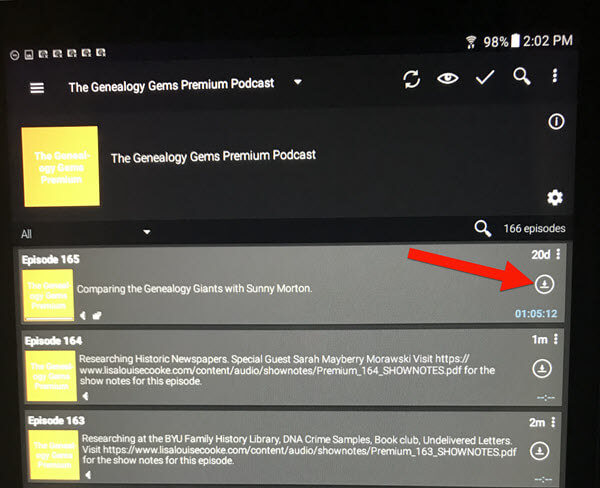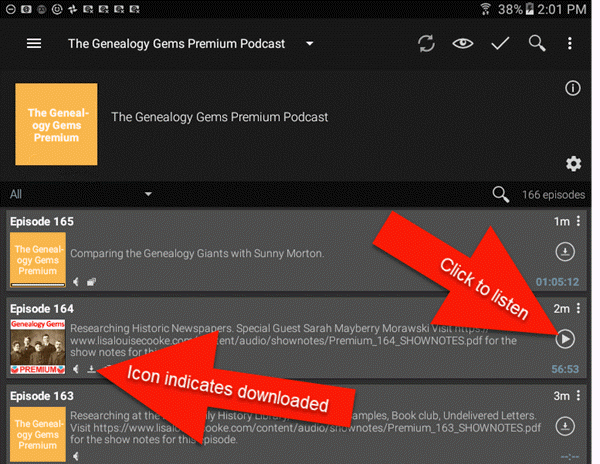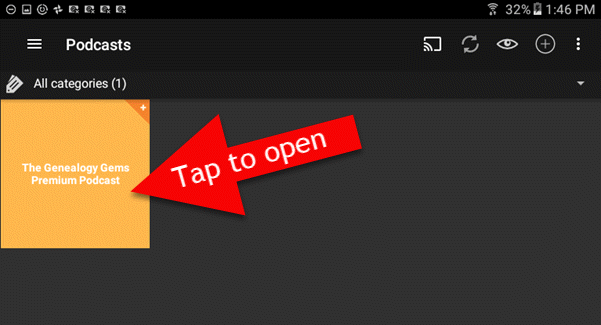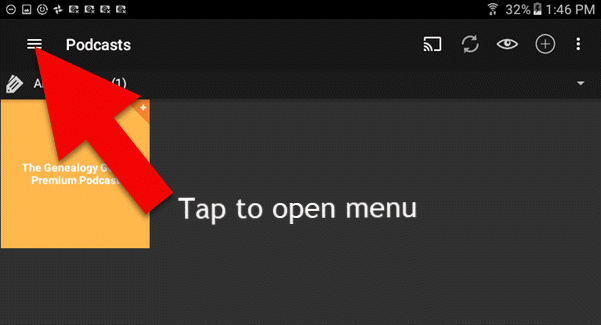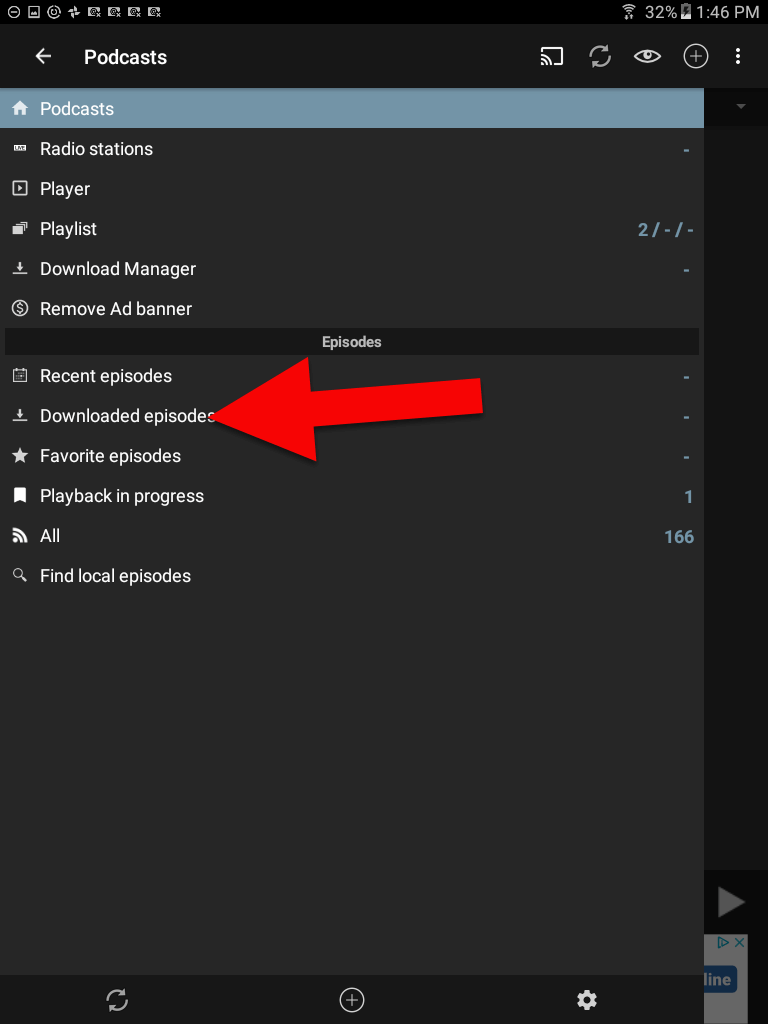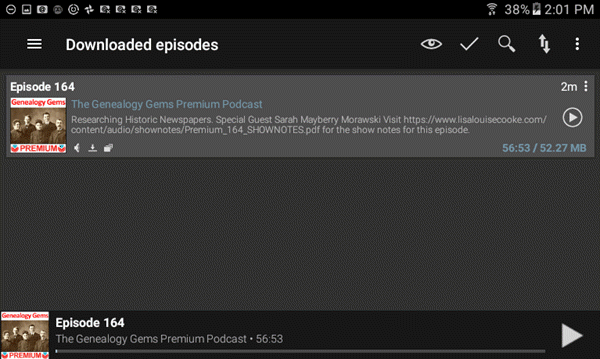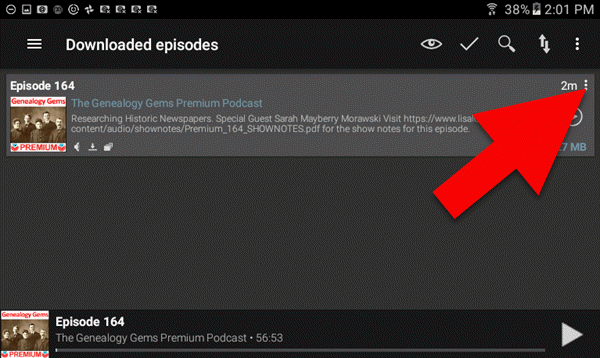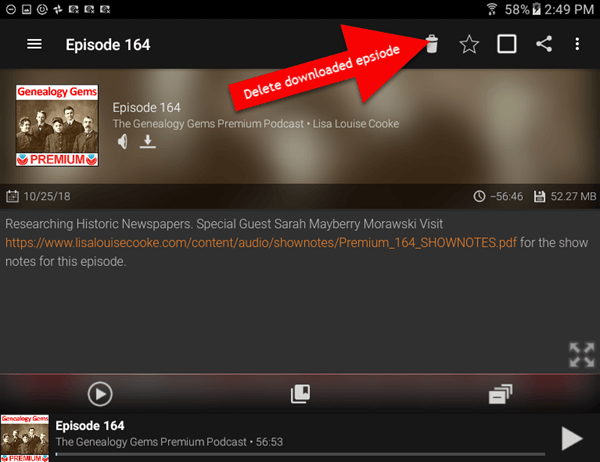Early Virginia Genealogy
Show Notes: Learn how to trace your ancestors back to Virginia just prior to the Revolutionary War. Professional genealogist Jeri Satterwhite-Dearing specializes in early Virginia research in her work as a professional genealogist with Legacy Tree Genealogists. She explains some of the biggest challenges you’ll face when researching early Virginian ancestors, the records you should be looking for, and some of the best resources.
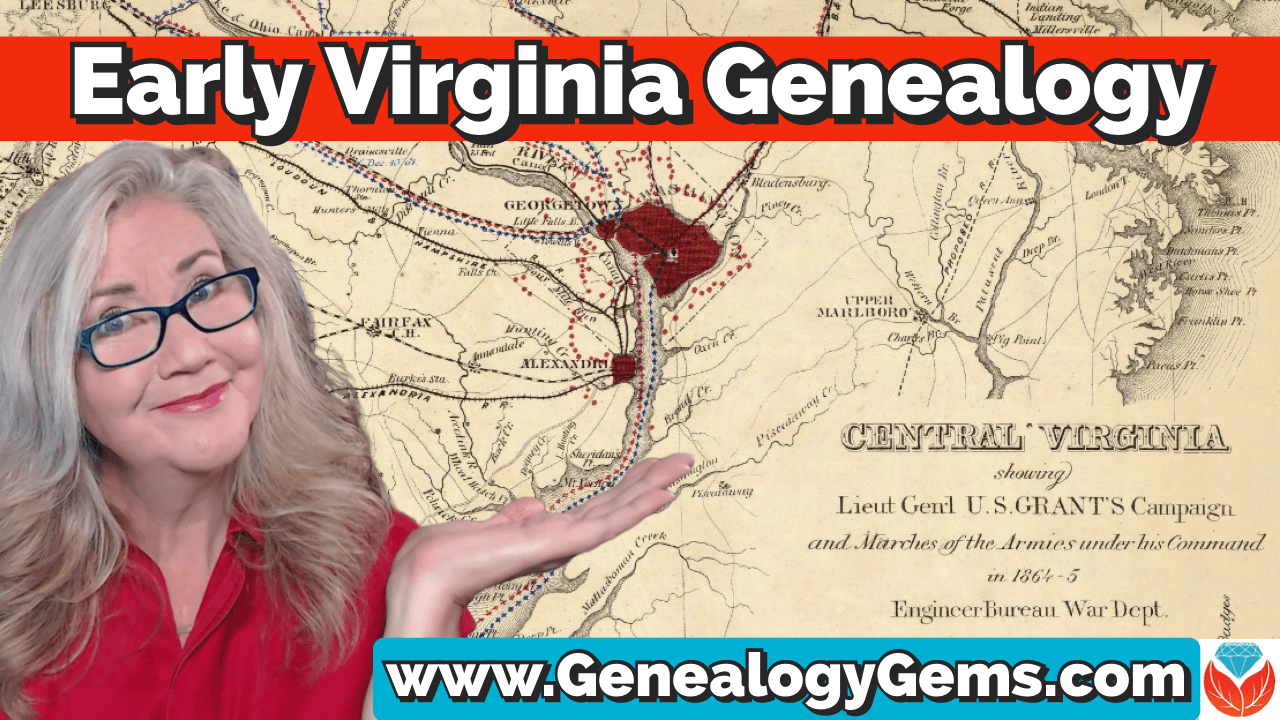
Early Virginia Genealogy Video and show notes
Watch the Video
Resource
Download the ad-free show notes including a BONUS Virginia checklist cheat sheet. (Premium Membership required)
Show Notes
Lisa: A while back, we did a video on Finding early American Ancestors in New England and we got tons of comments on it. We also received a lot of requests to dig into early American genealogical research. In this video and article, we are going to do just that for Virginia.
Guest: Jeri Satterwhite-Deering, professional genealogist at Legacy Tree Genealogists.
Exclusive Discounts
Learn more at https://www.legacytree.com/GenealogyGems This is our affiliate link and includes special discount coupon codes just for you.
Virginia Genealogy Research Challenges
What are some of the unique challenges that face people who are trying to research ancestors in Virginia?
Jeri: I think the main thing is that the further back you go, the different record types that you would expect to find and use. You won’t have census records before 1790, and you won’t necessarily have marriage records, or death certificates, because that didn’t come till much later. But those records are there, and then you just have to really know where to dig and what to look for.
I rely more on land records, tax records, court records, and those types of record. As I said, census records go back to 1790, maybe 1783, when they have county type census. Then at that point you need to rely on tax records more and look for your ancestors in land records. Land records are full of all kinds of genealogical clues about your family as you as you dig in deep.
Lisa: And it can be a bit of a challenge for folks who might be researching Virginia for the first time. We hear about things, like you mentioned the land records and tax records, and that could be very new territory for us. It can be a little intimidating to jump into a record collection you haven’t worked before.
Jeri: Right, especially because then you’re relying on original documents, which means reading the handwriting of the time. That takes practice. It’s like when you first learn to write cursive in school. It’s not that hard, it just takes a little bit of time. It’s kind of fun, because they write different, and their terminology is different. But that’s where your dictionary comes in. Practice makes perfect. The more you do, the easier it gets.
Most of those records are going to be at county level. If you have a burned county, then you may have to rely on state records. The Virginia state library may have more than what is left in a burned county. There are all kinds of records there. It’s just a matter of knowing where to go.
Learn More About the County in Virginia
My first recommendation would be to learn more about the county you’re going to be dealing with. First go to the FamilySearch Wiki for the county. Read what they have to say about which records are available for that particular county and start there. Make a research plan. Make notes and determine exactly what to look for.
I know that you’ve done a couple of past episodes, especially I think it was episode 64, where you talked about how to do research using FamilySearch. I think those are things you need to learn a little bit before you jump right in. I think that would be a really good start if they’re not familiar with FamilySearch. It’s one of the best places to go to look at records when you’re starting out.
Lisa: And it’s free, which is great.
Jeri: That’s right, so it’s definitely a good place to start along with learning about the county. Learning about the formation of the county, that’s almost a genealogical research adventure in itself because you need to know how the counties changed so quickly over time. And you do need to get back to what that parent county was. It’s important to know the genealogy of the counties and know where to look for those records, because they’re not all just going to be in today’s county. You may have to go back to multiple counties to find those records.
Lisa: Typically, when a record was created in a particular county, and then that county maybe splits out or changes we should be looking in the county that it was at the time our ancestors were there, right?
Jeri: Exactly. You might think, “that’s it, I’m done. I can’t find anything else.” When you feel that way, step back, review the various forms the county has taken. Check all of them. You’d be surprised where those records will be in many different places. They might even be in the courthouse basement. I’ve come across that many times as well.
In Virginia, not all deed records are going to be online. For example, here in North Carolina our counties have so many records available online. But in Virginia, they might not be on FamilySearch. You may have to go to a courthouse to actually see those records. However, they are getting better about getting them filmed.
If you’ve exhausted some of that, like I mentioned before, check out tax records. These put your person in their place in time, and that’s what you’re looking for. You always want to remember that a man by one name is not necessarily that man. Always remember that because there are so many same named people throughout history, and you have to be careful which one you’re chasing and get the right one.
Lisa: I love your idea about the genealogy of a county! Getting to know the history county at the same time as you’re getting to know the history of your family.
Virginia Burned Counties
You mentioned burned counties. Seasoned genealogists have heard that many times. But there are those who are new to genealogy, or they’ve been researching other parts of the country, and now they’re finding that their family line takes them into the South where burned counties are more common. Tell us a little bit about what you mean by a “burned county” and what does that mean to the records?
Jeri: Generally burned counties have a lot to do with war. That’s especially true during the Civil War. For the South, many courthouses burned down. But it happens even in today’s time. We see floods, we see fires. Again, look at your county history on the FamilySearch Wiki. It will tell you which counties were burned. Then you can determine where else to look for records.
I had a project recently that was in Washington County, Arkansas. The county was totally burned, and there was nothing really left. But at the state level, I was able to find the tax records. So, for the client’s ancestor, we were able to place him in that county in the time that we needed to place him there even though there was no information about him anywhere in the county. Those records were burned at two different times. Once in the 1800s, and then again later on.
When your ancestor got a deed, they would take it into the courthouse to get it recorded. This means that when you’re looking at a deed book, you’re not looking at the original record because they didn’t keep the original deed. They just recorded it, and then they handed it back. Folks then took it home to keep it in a safe place. I was very fortunate in one of my research projects that when we had burned counties, they had all the people bring their deeds back in and they recorded them again. And so that’s how we ended up with still having deeds that were probably burned the first go around in the clerk’s books.
I inherited deeds from my great grandmother that were in a trunk. That is probably what started this whole journey for me 30 years ago. One of the deeds was from 1812. It was just amazing! They had kept those deeds. The courthouse over in Orange County did not have that deed, so I took it over there, and they got to copy it into the deed book. And then they had it. There’s a lot of ways to get around the burned counties, and there’s reason for hope.
Lisa: That’s very encouraging that they brought records back in and entered them again.
State Level Records for Virginia
How do records end up at the state level? You mentioned a couple of times to check with the State Archives. Was there a process where every so often the counties were supposed to send copies of books to the state? Or did that happen much later?
Jeri: Well, I think it did, like, are in North Carolina, particularly. So many of our marriage records have gone to the state. So, they’re at our archives now. And so, they came out of the county’s hands, I don’t know, maybe because they just kept getting burned to the ground. They, and so they ended up, you know, at the at the state level at the State Archives for most of them. And so, your state archives is a good place for your research. State libraries are good, like the Library of Virginia (state library), as the just you couldn’t ask for better. And online and offline. It’s a great, it’s a great resource for learning and looking for records as well.
Important Types of Records for Early Virginia Genealogy
Lisa: You’ve mentioned a couple of different types of records. We talked about tax records. Would we find tax records for somebody who doesn’t own property?
Personal Property and Planned Tax Records
That would be your personal property tax records, and then you had planned tax records. So, there are two different ones and you want to look for each. There may only be just one white pole, which means that one person is over the right age to be taxable. It might be a horse, it might be a silver watch, things like that.
Land Tax Records
Then there’s the land tax where they’re going to tax you on how much property that you own.
Included in the property tax would be enslaved persons. So, if you’re doing African American research, especially for Virginia, these are helpful. If the person you are researching was an enslaver, they would have these people listed by their names, typically their first names because that’s generally all they had. Some of them were sorted out by age. Not necessarily every county would be the same. But you would have perhaps age under 15 or 16, and then over 16. And while that’s a broad range, you’re looking for every little thing you can when you’re doing that type of research. Those are the kinds of things that you would see in the tax records.
Chancery Records
Another great resource is chancery records, which I love. They’re court records which you can find at the Virginia Library. You can search by plaintiff or defendant or just a surname. I usually just do the surname when I search. You go to each county so choose your county, and then choose your name. It’ll bring up folders of court records. Everybody sued everybody just like they do now. Everybody was in court all the time. Sometimes it’ll just be maybe a lawsuit over land, or it could be a lawsuit over a horse or an enslaved person as well. But a lot of times you would find records that would involve state records, probate records, and every now and then you will really get lucky and you could find a whole family’s history in some of these files that explain the parents and the grandparents, the grandchildren. I’ve had them go many generations in one file and even include the neighbors. It puts your person in their place and time and helps you not confuse them with someone else
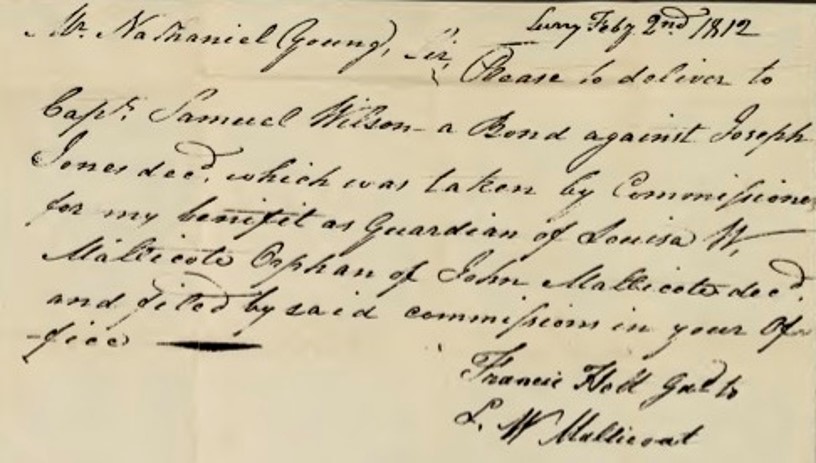
Virginia Chancery Record, courtesy of Jeri Satterwhite-Dearing
I would say that if you don’t look at those you’re missing out, totally! They are refilming a lot of the records right now. So, when you search your file might not come up. You would be able to see the file folder, but you might not be able to see the contents of it. But then you could take that information and go to your county level court records. Again, I would go through FamilySearch and do your search in the catalog by the county, not just a record search. By doing that, you can actually find those folders are still going to be within the county. You’ll have to dig a little deeper. But it’s always rewarding to do that.
Colonial Tithables
Lisa: You’ve mentioned several really important types of records, chancery court records, deeds, wills and estate records. What other types are there? You have on your list colonial tithables. What are those?
Jeri: Those were really early. They’re like taxing, and it has to do with who the person by the age, and if they’re old enough to be taxed. It’s another form of the tax record. Those are the really early lists that you would be back quite far. You might not need those for a while, but if you get lucky, and you’re really getting back pretty far, then those are good.
Understand Virginia Law
Lisa: I imagined to be able to really use these records, we have to really understand things like geography and the law. What are your recommendations to a genealogist on really getting to understand the law? What’s a good way to go about that?
Jeri: Reading, taking classes, I mean, there are so many classes available online nowadays, just from the comfort of your home to be able to learn a lot. That would be the best thing to get familiar with the law. Learning the law is a little bit more complex but it is important. For example, it helps you determine if someone would have been the right age to get married. It’s a good way to separate the person out that might be the same name. It would help you know if your ancestor was able to buy and sell land, whether they could be a witness, all those ages change frequently. Then you know whether to go look for those records.
Understand Virginia Geography
Lisa: Are there any other resources that you think should really be on the forefront of the minds of people who are going to be digging into their Virginia roots?
Jeri: Land and maps are really my favorite! The David Rumsey collection is free and it’s excellent. I think you did a video episode on finding and using David Rumsey maps, too. Oh, my gosh, it was great!
And I definitely look for maps with Google. (Resource: The Genealogist’s Google Toolbox by Lisa Louise Cooke.) You can Google historical maps for Roanoke County, Virginia, for example. Some of those older maps have the landowners on them. I’ve got a huge map collection. You can find them from the formation of the county. They will have the landowner’s names written where their land was. Maybe your person did not own land, maybe they were just tenant farmers, but you found the name of the landowner, or you find them in another record. Look to see who they were living around. You can then find where they were, when they were in that particular county. That also gives you a way to look for more records that might involve your ancestor, as well.
Lisa: Well, that makes great sense. Maps are such an important part of it’s all location and timeframe, right?
Jeri: Yeah, because everything was about land. It still is, but it always has been about the land, and you don’t want to bypass that. You don’t want to just look at census, marriage, and death records, and that’s it. You really need to understand the context of their life and everything that was going on around them in the area that they lived. You then know more about who they are. Say their name, know who they were, and make them come back. They can be alive.
Getting Help from a Professional Genealogist Specializing in Virginia
Lisa: That’s a great way to look at it. Jeri, if people get really stuck, and they just feel like I need help with a professional genealogist, how could they get in touch with you? And what do you guys do at Legacy tree genealogist?
Jeri: They can contact us, and we can steer them to the right professional genealogist for their project. We have a wonderful team, and they do really good work! If you get stuck or if you don’t feel like you have the years to go and take the time to take classes and do everything, come join us and we’ll be happy to get you on the right track and help you find your ancestors.
Exclusive Discounts: Learn more at https://www.legacytree.com/GenealogyGems This is our affiliate link and includes special discount coupon codes just for you.
Lisa: It’s a good feeling to be able to take a big leap forward and professionals can help you do it. Jeri, this has been terrific. Thank you for giving us a jumpstart into our Virginia genealogy.
(This interview was edited minimally for clarity.)
Resources
Download the ad-free show notes including a BONUS Virginia checklist cheat sheet. (Premium Membership required)

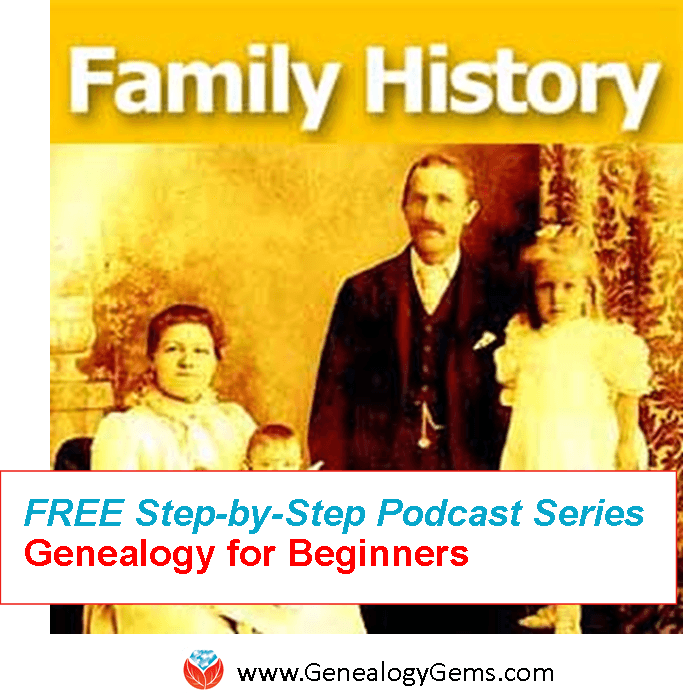
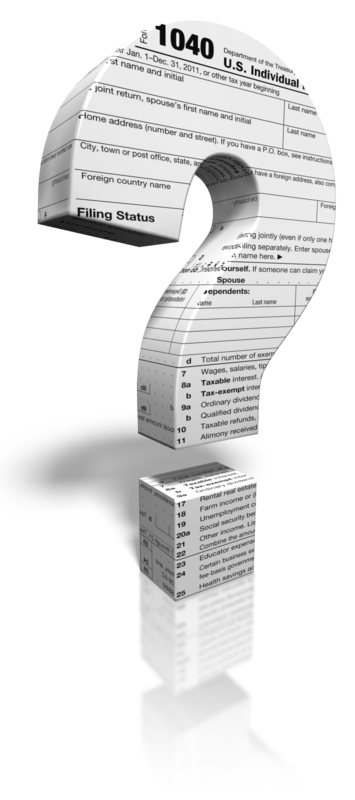
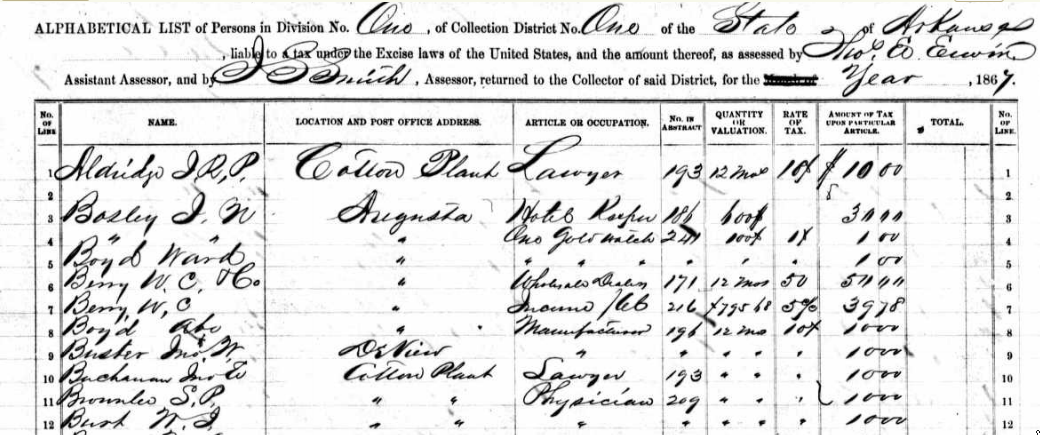
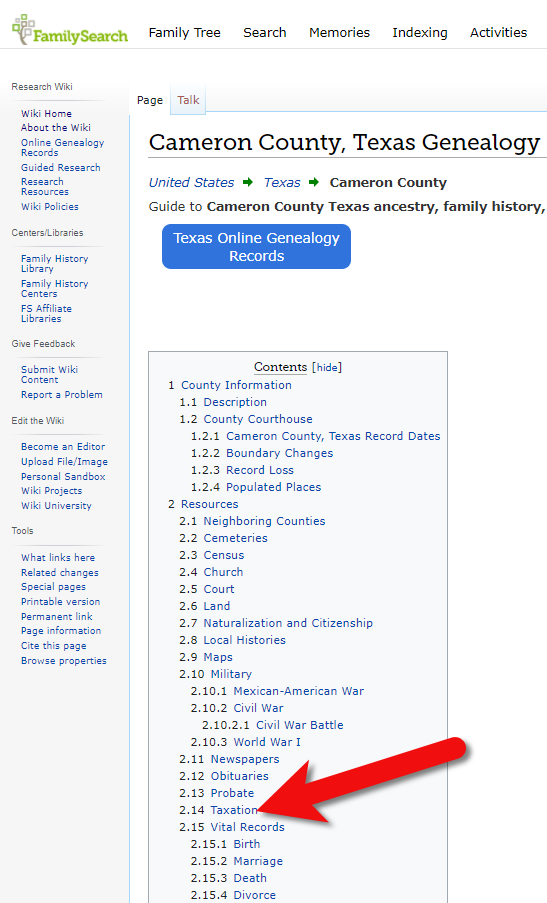
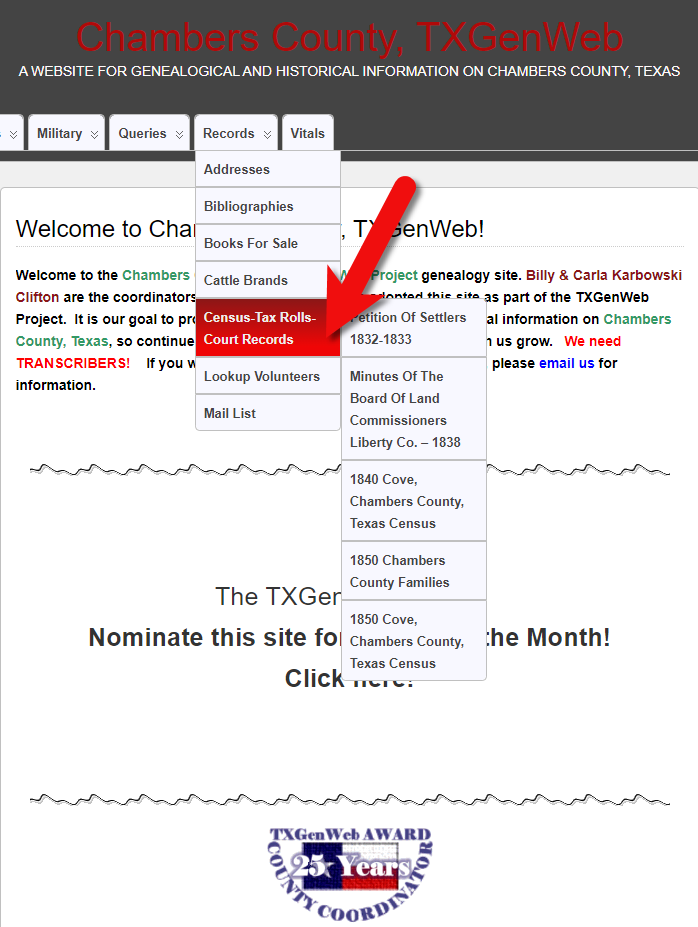
 Recommended app:
Recommended app: 




